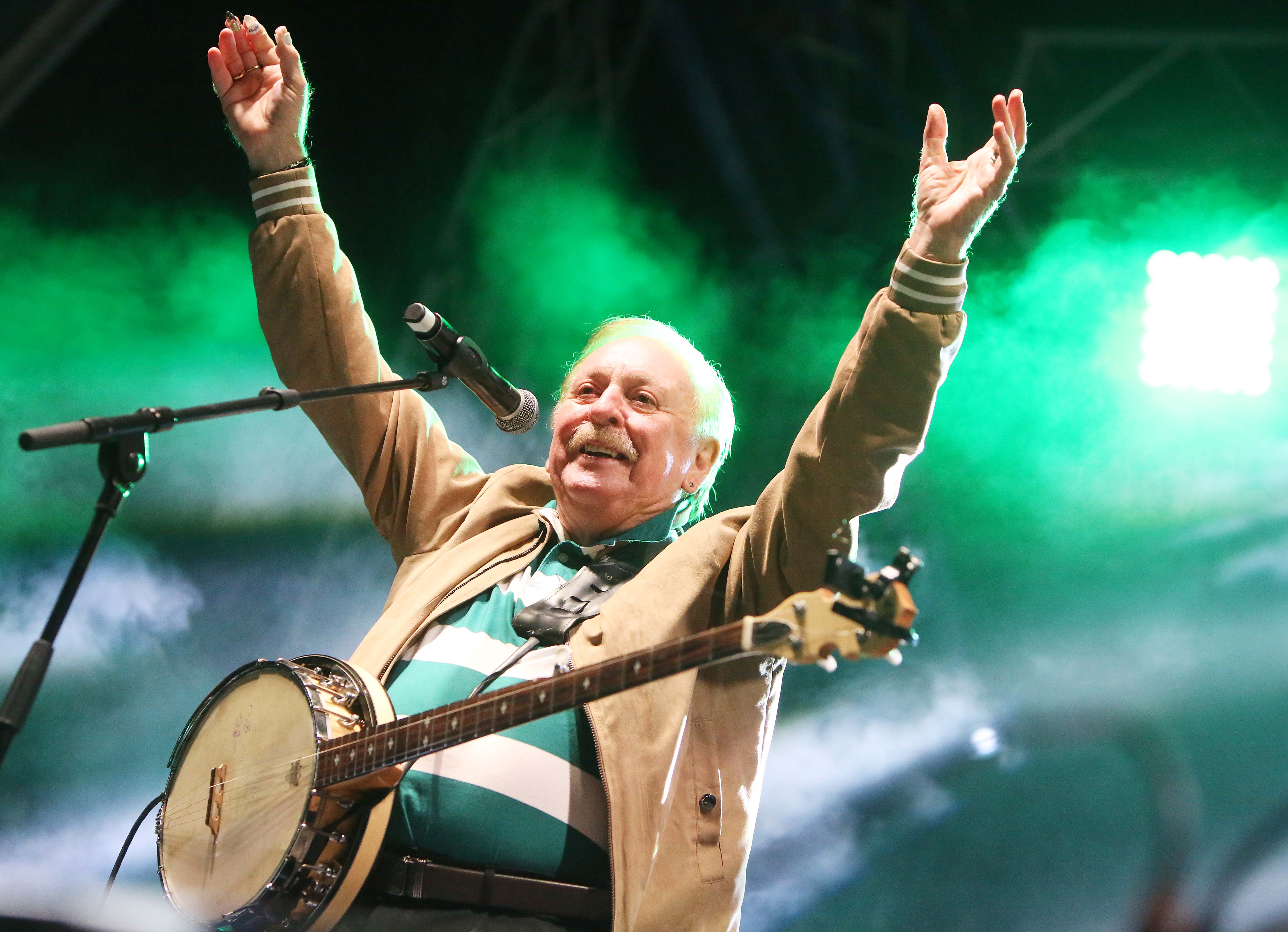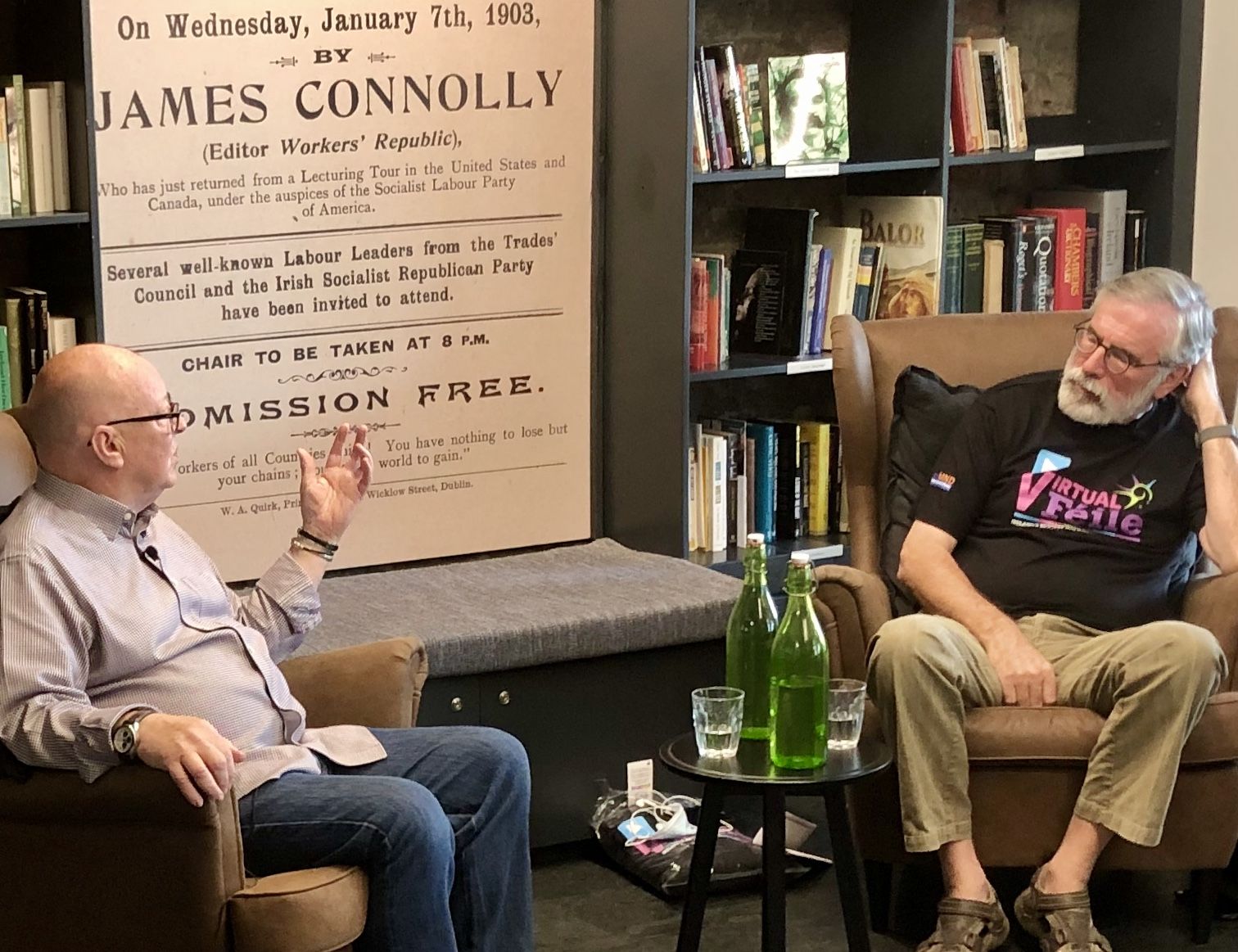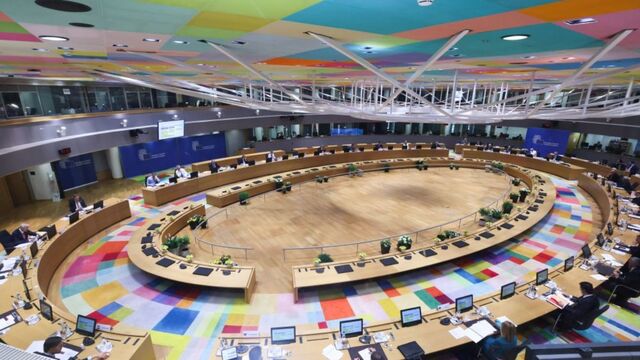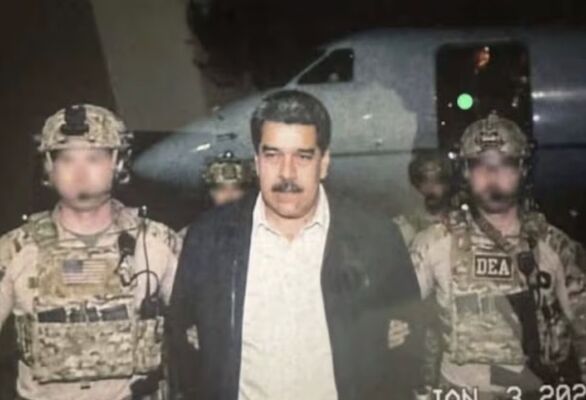LAST weekend the people of West Belfast remembered the introduction of internment in August 1971 – and the escalating conflict that had commenced with the pogroms in August ’69. The families of the victims of the Ballymurphy Massacre are still courageously campaigning, like many others, for truth from the British state.
West Belfast was a very different place for much of the years that followed. It was a place under British military occupation. Thousands of British soldiers and RUC in strategically placed forts constantly raiding, stopping, checking, colluding, beating, arresting and killing. Community groups subjected to political vetting. Discrimination in employment widespread. Hundreds of political prisoners. No state funding whatsoever for Irish language education. Little for Gaelic games. A community let down by the Irish government and Church hierarchies, censored and marginalised and demonised.
August each year was especially difficult for the people of West Belfast as bonfires lit to remember the introduction of internment became battlegrounds between young people and the British Army and RUC. The killings at Gibraltar in March 1988 of Mairead Farrell, Seán Savage and Dan McCann, and the subsequent demonisation of our community by sections of the media and some politicians, became a catalyst for change. A small group of us got together and out of our conversations grew a community festival – a people’s festival – Féile an Phobail. It was our answer – our alternative to the lies told about the people of West Belfast.
It was also an alternative to the bonfires and the riots that usually marked the August internment anniversary. It was our way of demonstrating to the world that the people of West Belfast are a generous, humorous, talented, gifted and inclusive community. It was to be positive, upbeat reflection of everything that is positive, and loving and hopeful.
It too faced enormous difficulties in getting off the ground and raising the funding needed but the dedication and commitment of a lot of local people and the natural humour and creativity of the people of West Belfast made it happen.
Thirty two years later, what is now the biggest community arts festival in Ireland faced an unprecedented challenge, as do all sectors of society with the pandemic.
When the New Year began very few people had heard of Covid-19. The day before, on December 31, the World Health Organisation (WHO) had been told of a cluster of cases of pneumonia of unknown cause in Wuhan, Hubei Province, China. It took just over a month for WHO to confirm that the cause was a new virus known as Acute Respiratory Syndrome (SARS) coronavirus 2. On February 12 WHO officially named it as Coronavirus Disease 2019 (COVID-19).
In the course of the next few months it spread far and wide around the world. It evolved into a pandemic with enormous social, economic and political consequences for the world in terms of lives lost and people made sick. Businesses and schools closed and many of us entered lockdown. As of last week over seven hundred thousand people have died globally, including 2,328 on the island of Ireland. This week three counties – Kildare, Offaly and Laois – had new restrictions imposed after a serious spike in Covid-19 cases, many of them associated with the meat packing industry in that area.
The Coronavirus pandemic is an unparalleled health threat. It has also presented society with unique challenges as our daily lives, the simple act of going to the shops, our social lives, sport, theatre, the cinema, the pub, gyms have all been impacted.
So too with Féile An Phobail. Kevin Gamble and his merry men and women had decisions to make. Should Féile be cancelled? Could there be a limited Féile? Neither was an option. The Féile team quickly decided that there would be no half measures. They refused to allow the pandemic to disrupt their plans. So, Kevin and his marvellous team planned early and planned well.
In May they announced that Féile was going Virtual. Féile then produced an amazing programme of more than 100 events, including sports and fitness, Irish language, music concerts, high profile debates and discussions, online interviews, theatre, visual arts, tourism, literary, culinary, workshops and community events and much more for everyone to get involved in from the comfort and safety of their own home. It commenced on July 31 and concluded last Sunday evening.
An estimated 70,000 plus joined Virtual Féile online. Over 10,000 people watched the Clann Mhic Corraidh virtual concert; over 25,000 tuned into Féile’s Dance Legends night, which featured some of our best local DJs as well as international stars; over 10,000 tuned into the Wolfe Tones concert; thousands more watched former Greek Foreign Minister Yanis Varoufakis talk about the current state of global economics; Dr Niall Meehan gave a remarkable account of the killing of a woman in 1921 by the IRA and the way in which it has been sectarianised and misrepresented by revisionist historians over the years; and Noam Chomsky discussed the state of the world after Coronavirus.
MO CHEOL SIBH: Thousands tuned into a replay of the Wolfe Tones féile finale
Let’s Talk Politics and West Belfast Talks Back also attracted big audiences.
International musicians from the Basque Country, Corsica, Cuba, Italy and Catalonia all performed and the annual Clonard Monastery Concert saw thousands more watch online as Rioghnach Connolly, Grainne Holland and Bernadette Morris gave unforgettable performances. Adrian Dunbar, famously known as Ted Hastings in Line of Duty, read the poems of Seamus Heaney and TP Flanagan. Scéalta, which translates as ‘Stories’ or ‘Yarns’, is an online interview programme that is hosted by Joe Austin. In what he billed as a Scéalta Speisialta Joe spent an hour talking to me about life, politics and the current situation.
A few days later it was my turn to be the interviewer when I had a Zoom call with senior U.S. Congress member Richard Neal. Richie Neal is Chair of the Powerful Congressional Ways and Means Committee and is also Joint Chair of the Friends of Ireland Congressional Group. He has been a strong supporter of Irish unity for decades and an outspoken critic of British policy in Ireland. Along with the Speaker of the House, Nancy Pelosi, he visited Ireland and Britain last year and made clear to the British government that there would be no post-Brexit deal with the USA without the integrity of the Good Friday Agreement being maintained. In the course of our online conversation he repeated this commitment.
I especially enjoyed writer and journalist Martina Devlin’s interview with economist David McWilliams in which he discussed the “all-island economy, how will it work”. McWilliams described the great damage done economically to the north as a result of partition. He said: “Before partition the north was twice as rich as the south, it’s now twice as poor.” McWilliams added: “The opportunities for people in the north in the context of a united Ireland are enormous. Income per head in the north at the minute is €24,000 per year and in the south is it €40,000.” He also discussed with Martina the need to engage with unionists and suggested the establishment of a Forum to assist the debate.
I want to commend all of those who have worked very hard before and during the pandemic crisis to ensure that the virtual Féile an Phobail was a success.
Well done also to those who made the technology work. The online events worked really well. Signing into events was easy and if you want to catch up on something you didn’t have a chance to see at the time then log on to and check out its Virtual Library on the website.
Well done to all involved. Looking forward to next year.
And finally, don’t forget to donate to the Féile Charities
Our nominated Virtual Féile 2020 charities are Pretty’n’Pink & DeterMND.








